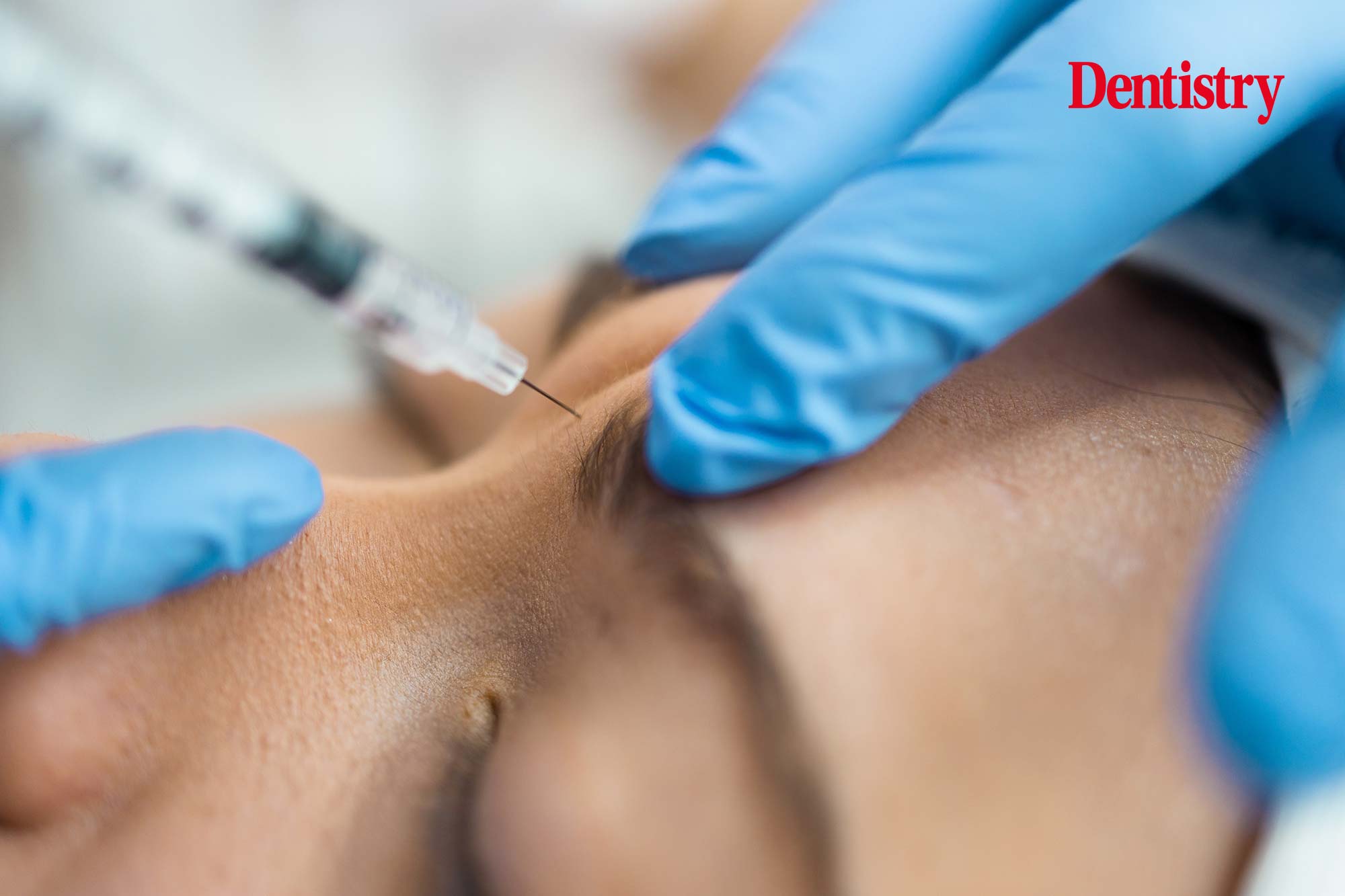
The proposed licensing regime for non-surgical aesthetics will go ahead, writes Julian Perry
The new Health and Care Bill (as discussed here in January) will bring with it a licensing regime around non-surgical aesthetic treatments. The regime is still in its consultation phase, meaning its specific requirements are undecided – although, recently, the government has reaffirmed its intention to proceed with it.
The government’s decision arose from a letter from the Joint Council for Cosmetic Practitioners (JCCP), British Beauty Council (BBC), and the Chartered Institute of Environmental Health (CIEH). The letter outlined four key action points for the government, which are:
- Designing and implementing a national licensing scheme for all premises where licensed procedures are conducted, including practitioners of non-surgical cosmetic procedures.This scheme will ensure that all those who practise invasive procedures are competent and treatments offered are safe for the public
- All practitioners must hold adequate medical insurance before providing non-surgical cosmetic procedures
- The government must introduce official guidance on the training and qualification expectations for all practitioners, including infection control and first aid training
- There must be a system to effectively record adverse incidents to ensure that all cases that go wrong can be tracked and improvements to safety made accordingly. Members of the public need better tools and knowledge to protect themselves.
Positive steps
Maria Caufield, the parliamentary under-secretary of state for mental health and women’s health strategy, has been tasked with managing this issue.
She responded to the letter by outlining her proposed approach for implementing sufficient training, first aid, insurance, and premises.
Caufield acknowledged the ‘fast-moving’ nature of the sector and discussed the need for the ongoing development of future licensing requirements to keep pace with this change.
Spokespeople from the JCCP, BBC, and the CIEH have all voiced their approval for the positive steps taken by the government in response to their lobbying efforts.
Over the next few weeks, we can likely expect the government to release a schedule for the implementation of the licensing regime – and we will keep you updated with all the relevant information about this, and provide you with guidance to ensure you can prepare yourself, your practice, and your team for what’s to come.
Robust indemnity
While we wait for further news on this topic, we urge all practitioners to consider the second recommendation from the list above – robust indemnity insurance is just as vital for performing non-surgical facial aesthetics treatments as it is for dental treatments.
If treatment goes wrong and your patient makes a claim, you’ll need adequate indemnity insurance
Densura is a bespoke scheme that offers professional indemnity, public and product liability, and legal expenses insurance coverage for GDC and criminal prosecutions. It offers cover that protects dental professionals even after they cease practising, covers vicarious liability, and is provided by people with your interests at heart.
Visit www.densura.com for more information or to request a call back.


